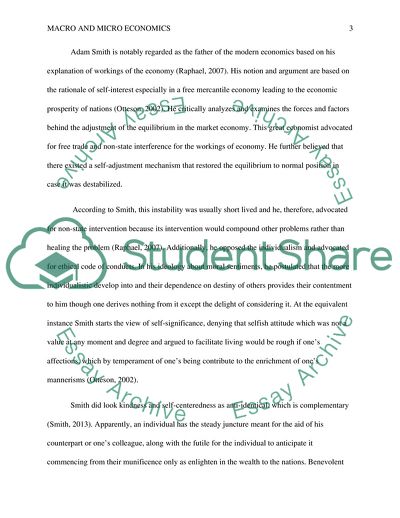Cite this document
(The Theory of Moral Sentiments & An Inquiry into the Nature and Causes Essay, n.d.)
The Theory of Moral Sentiments & An Inquiry into the Nature and Causes Essay. https://studentshare.org/macro-microeconomics/1874401-the-theory-of-moral-sentiments-an-inquiry-into-the-nature-and-causes-of-the-wealth-of-nations-by-adam-smith
The Theory of Moral Sentiments & An Inquiry into the Nature and Causes Essay. https://studentshare.org/macro-microeconomics/1874401-the-theory-of-moral-sentiments-an-inquiry-into-the-nature-and-causes-of-the-wealth-of-nations-by-adam-smith
(The Theory of Moral Sentiments & An Inquiry into the Nature and Causes Essay)
The Theory of Moral Sentiments & An Inquiry into the Nature and Causes Essay. https://studentshare.org/macro-microeconomics/1874401-the-theory-of-moral-sentiments-an-inquiry-into-the-nature-and-causes-of-the-wealth-of-nations-by-adam-smith.
The Theory of Moral Sentiments & An Inquiry into the Nature and Causes Essay. https://studentshare.org/macro-microeconomics/1874401-the-theory-of-moral-sentiments-an-inquiry-into-the-nature-and-causes-of-the-wealth-of-nations-by-adam-smith.
“The Theory of Moral Sentiments & An Inquiry into the Nature and Causes Essay”. https://studentshare.org/macro-microeconomics/1874401-the-theory-of-moral-sentiments-an-inquiry-into-the-nature-and-causes-of-the-wealth-of-nations-by-adam-smith.


